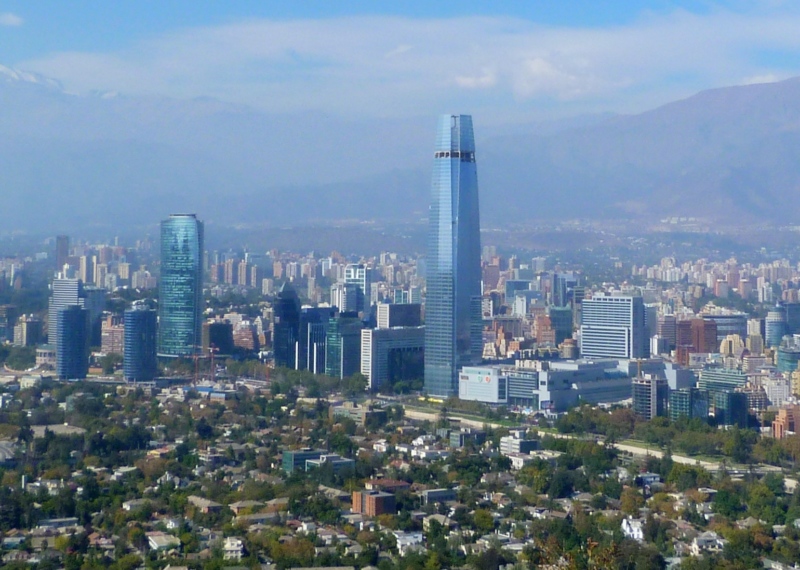Saving Globalization: Chile’s Lagos Says One Dogma Can’t Fit All Nations
 Gonzalo Baeza H / CC BY 2.0
Gonzalo Baeza H / CC BY 2.0
Former Chilean president says political leaders need to figure out how to make trade fair
Globalization is under fire in some developed economies. But in parts of the Americas voters are embracing leaders looking to deepen integration and trade. Bloomberg Benchmark will publish a series of conversations with regional thought-leaders on the topic of globalization. We start with Ricardo Lagos, the first left-leaning president of Chile to be elected after military dictator Augusto Pinochet left office in 1990. Bloomberg's David Biller conducted the interview, which has been condensed.
What is the greatest challenge for leaders in Latin America and Chile promoting free trade now?
Globalization is here to stay and will be the 21st century reality, but doesn’t benefit every sector equally. As such, globalization has to have certain rules on an international level, but also globalization obliges every country in particular to ensure benefits reach all.
You are from the PPD party, which came from the Socialist party, but you signed several free trade agreements during your presidency. Why is it that Chile has such a fundamentally different view towards globalization than the rest of the region? Is that a product of the nation's size?
I'll refer to a phrase of Mandela, who said globalization is like winter. We know it’s coming. What you have to do is prepare and have dry firewood and also shelter. Facing this phenomenon, there are many different reactions, just as every trade agreement negotiation is different. If you're a big country, like Brazil, you defend the big internal market you have. When you're a small country like Chile, what we have to defend is very small. So it isn't true that one size fits all. It depends on every country. Chile decided to open itself to the world.



















